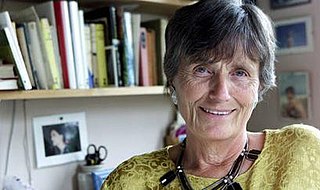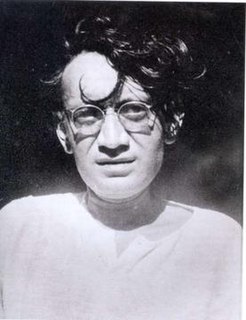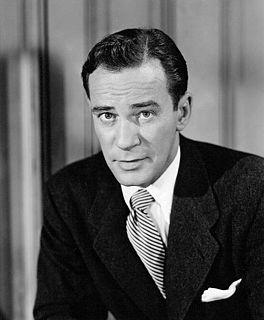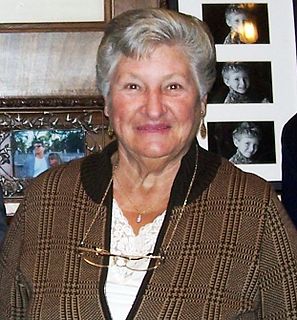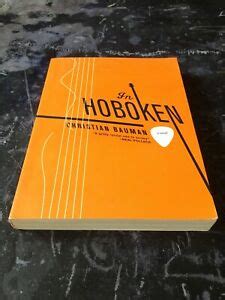A Quote by Christopher Bollen
I have to say I do read partly for escapism. Why can't I escape and learn something?
Related Quotes
There's no real objection to escapism, in the right places... We all want to escape occasionally. But science fiction is often very far from escapism, in fact you might say that science fiction is escape into reality... It's a fiction which does concern itself with real issues: the origin of man; our future. In fact I can't think of any form of literature which is more concerned with real issues, reality.
When you learn to read and write, it opens up opportunities for you to learn so many other things. When you learn to read, you can then read to learn. And it's the same thing with coding. If you learn to code, you can code to learn. Now some of the things you can learn are sort of obvious. You learn more about how computers work.
You know, there are good reasons to learn how to read. Poetry isn't one of them. I mean, so what if two roads go two ways in a wood? So what? Who cares if it made all that big a difference? What difference? And why should I have to guess what the difference is? Isn't that what he's supposed to say? Why can't poets just say what they want to say and then shut up?
Very commonly I get queries. Somebody saw something of mine on YouTube and of course if there is a talk on YouTube, there aren't any footnotes - and they want to know why did you say this. Well if they bothered to look up something in print, they would've seen why I said that. If they ask for evidence, I just say well take a look and mention something they can read and that usually ends the conversation.




